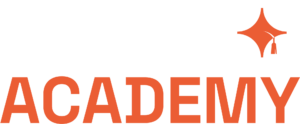SRON to wider and younger audience
SRON opens the doors of both sites to the public during the SRON Open Days in October. Colleagues then passionately demonstrate and explain what they discover and what they make to a wider audience.
The mobile SRON Planetarium is always deployed on these days too. Through the year, this planetarium travels to schools in districts where we hope to minimize opportunity gaps, for a future in space research. The Weekend School, with the same aim, comes to SRON in Groningen every year for inspiring lessons.
With the yearly Girls Day, we show girls that they can and should become space researchers if they want to, should they doubt it. Furthermore, many colleagues talk about their space research work and space, with lectures, at observatories, or with their children at school, throughout the year.




